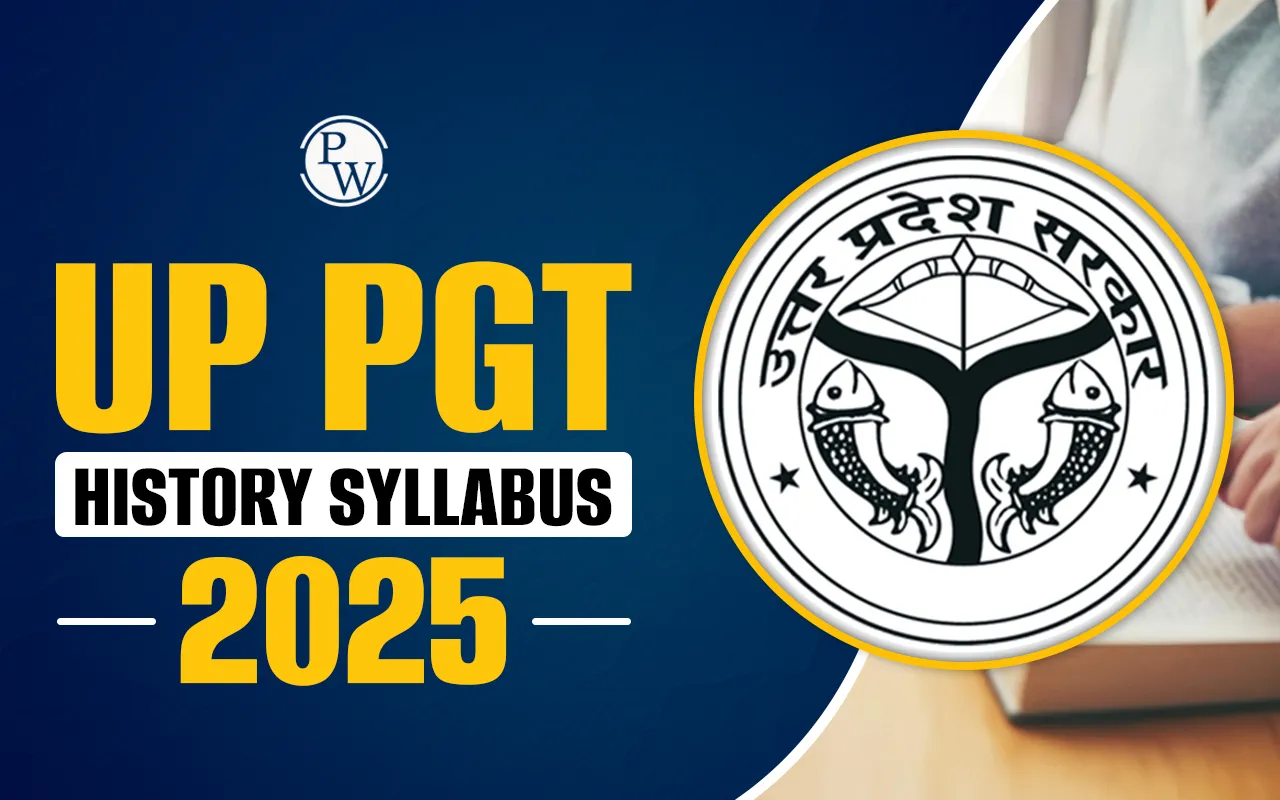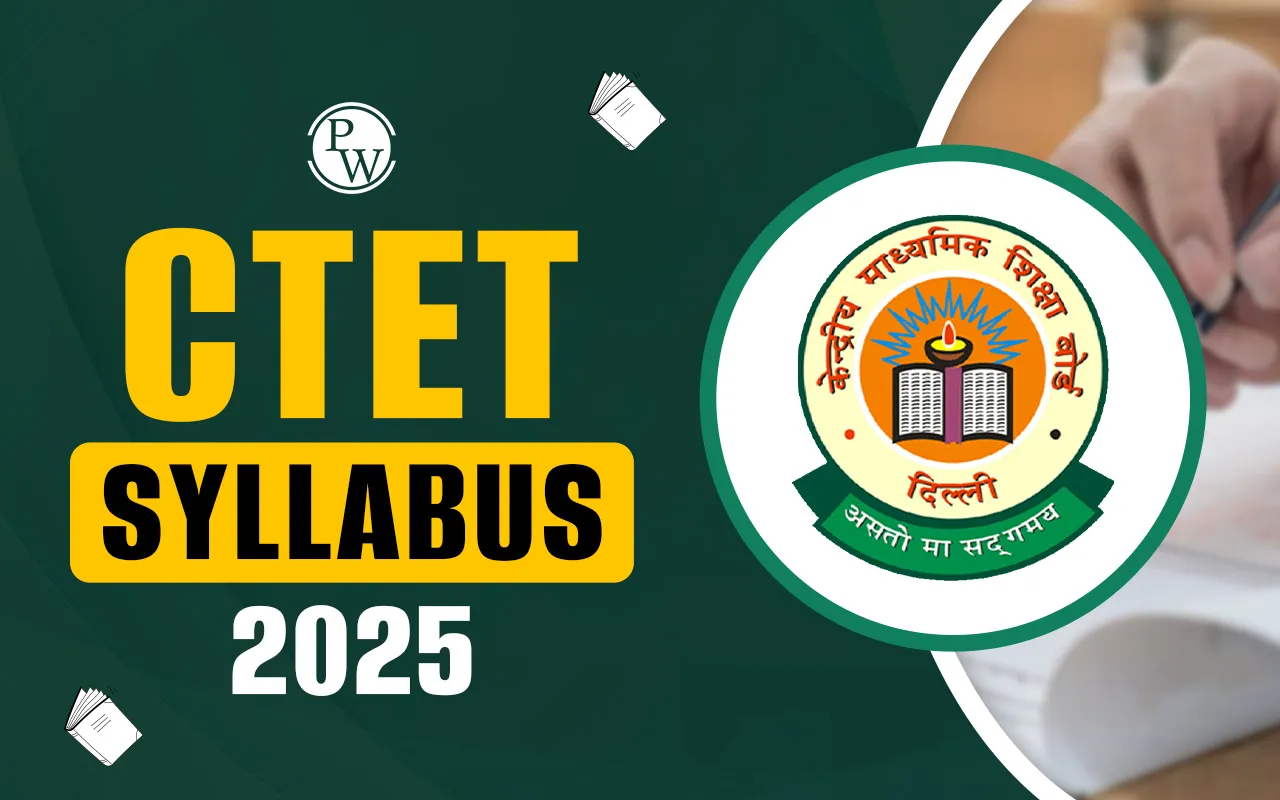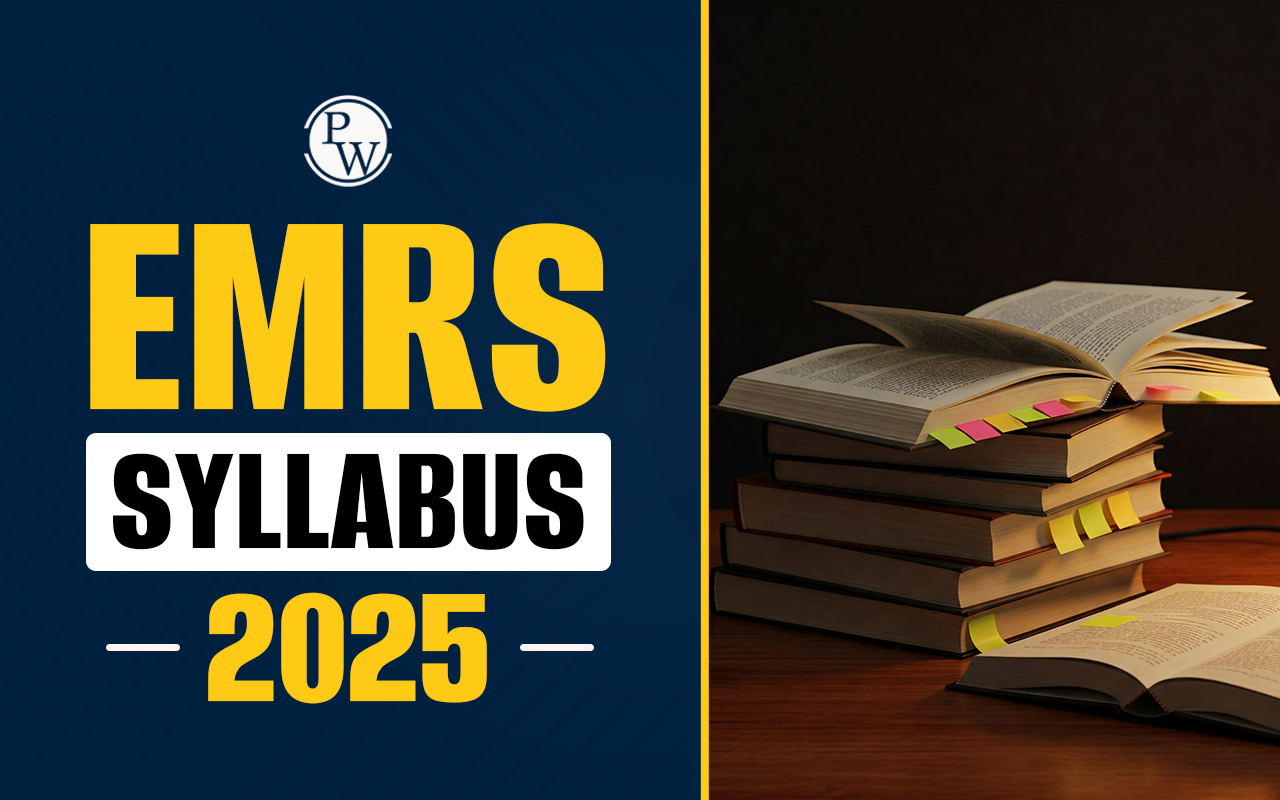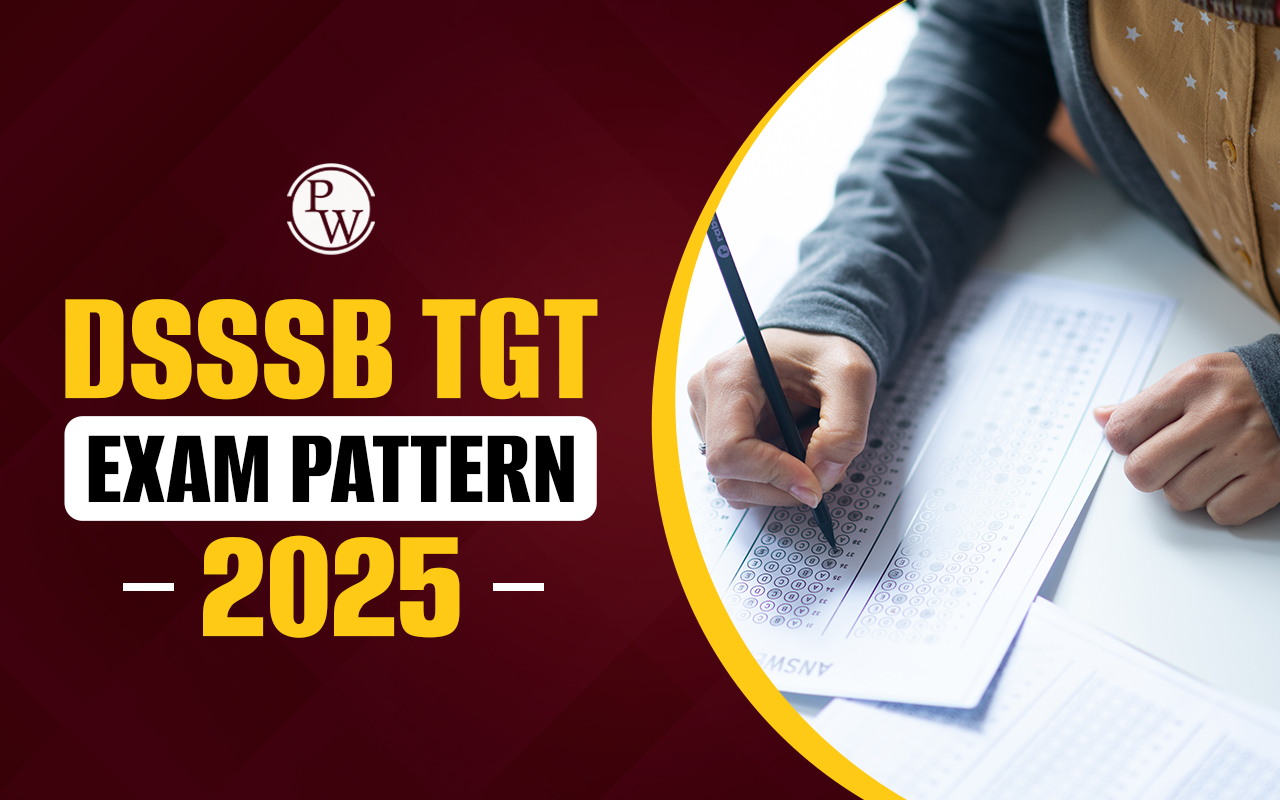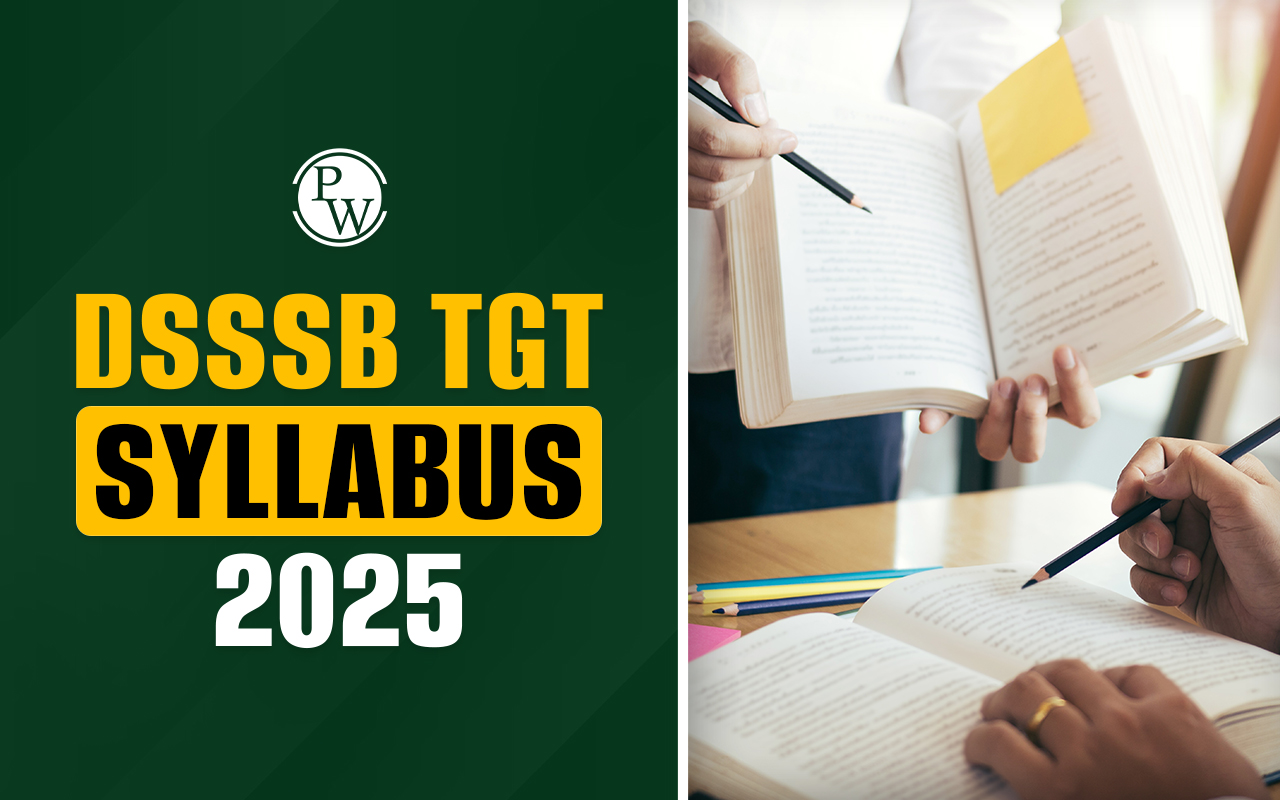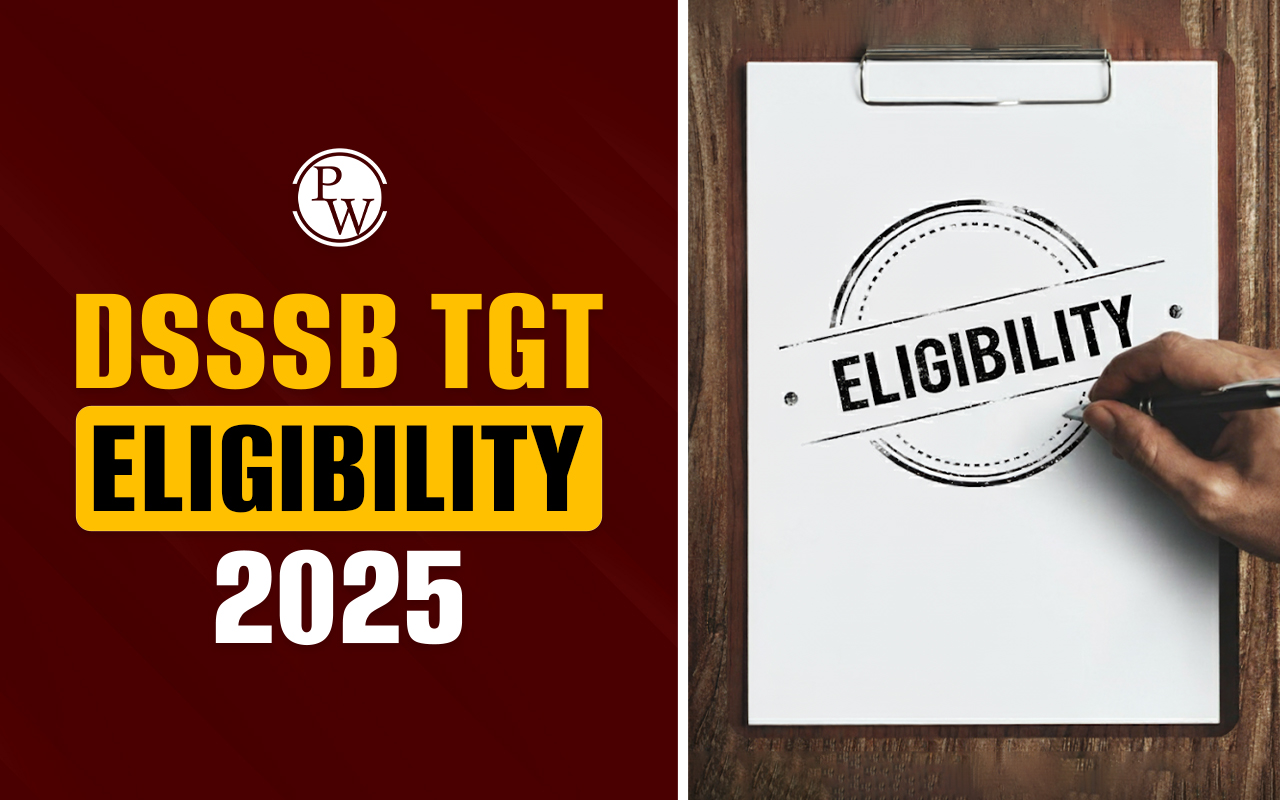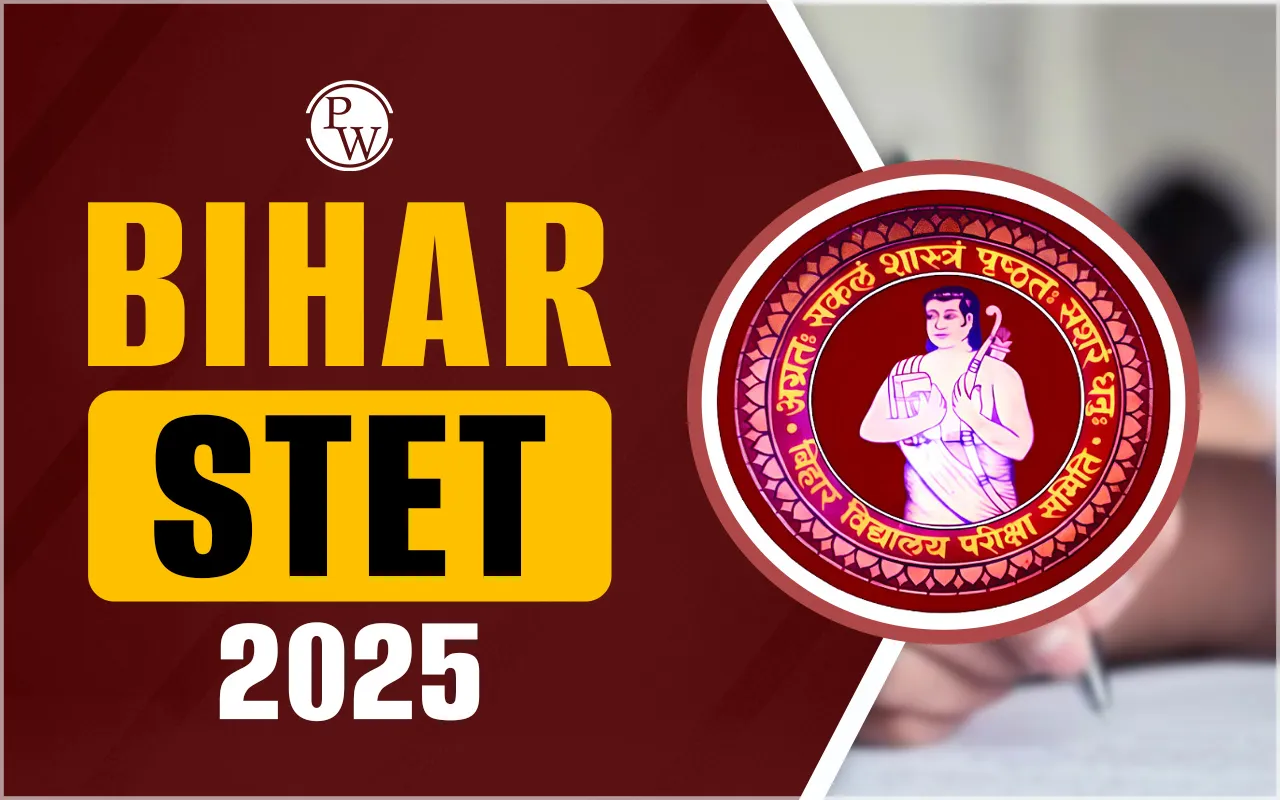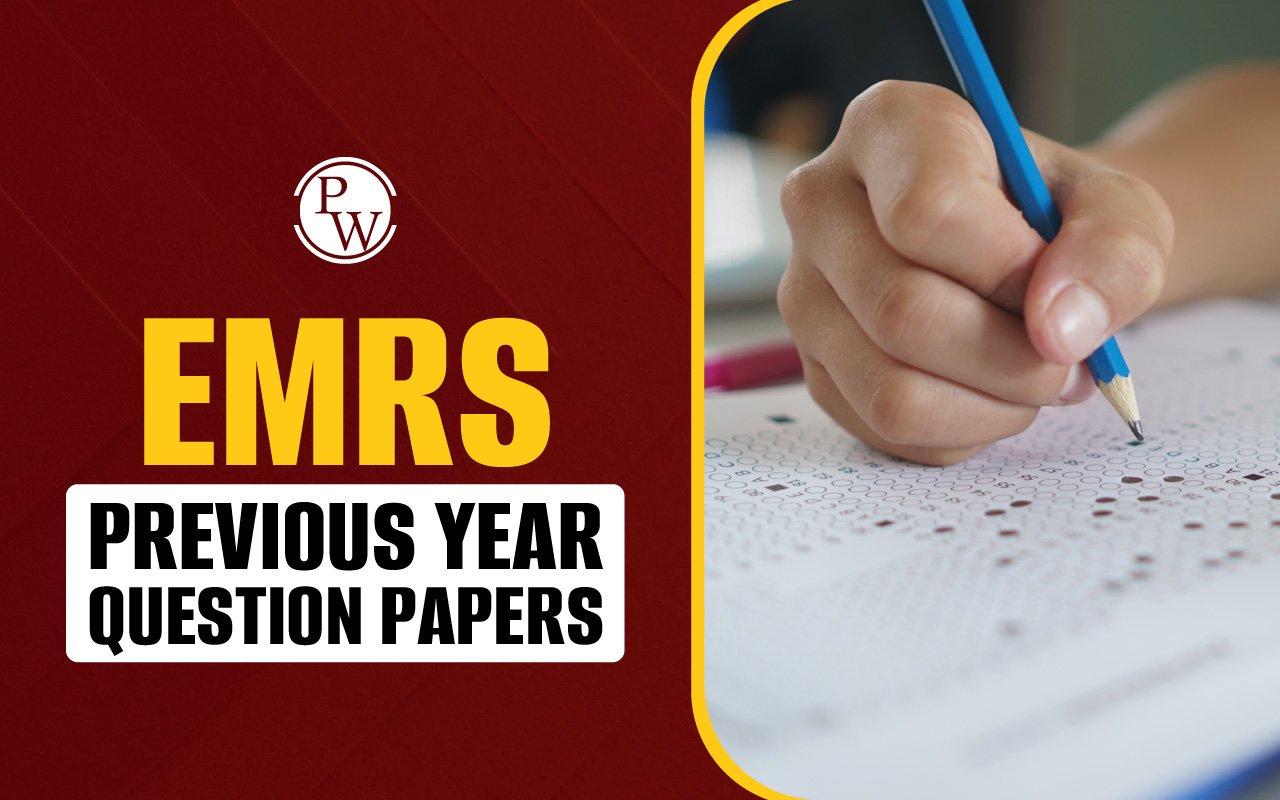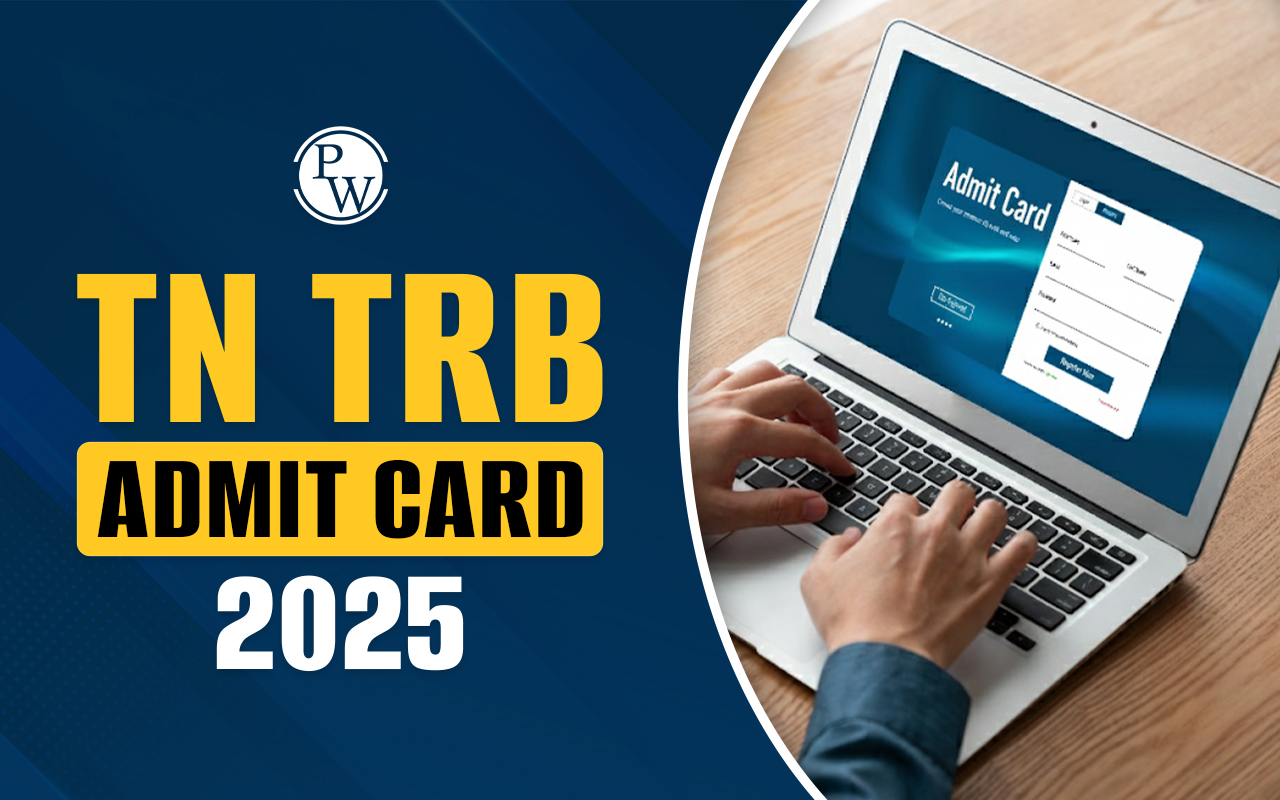
UP PGT History Syllabus 2025: The Uttar Pradesh Secondary Education Service Selection Board (UPSESSB) conducts the UP PGT History Exam 2025 for candidates who want to become Post Graduate Teachers. The UP PGT History Syllabus 2025 includes important topics from ancient, medieval, and modern Indian history. It covers key historical events, civilizations, rulers, and movements. Understanding the UP PGT History Syllabus 2025 helps candidates prepare effectively for the exam. The exam consists of 125 multiple-choice questions (MCQs) with a total of 425 marks. Candidates can check here for the UP PGT History Syllabus 2025.
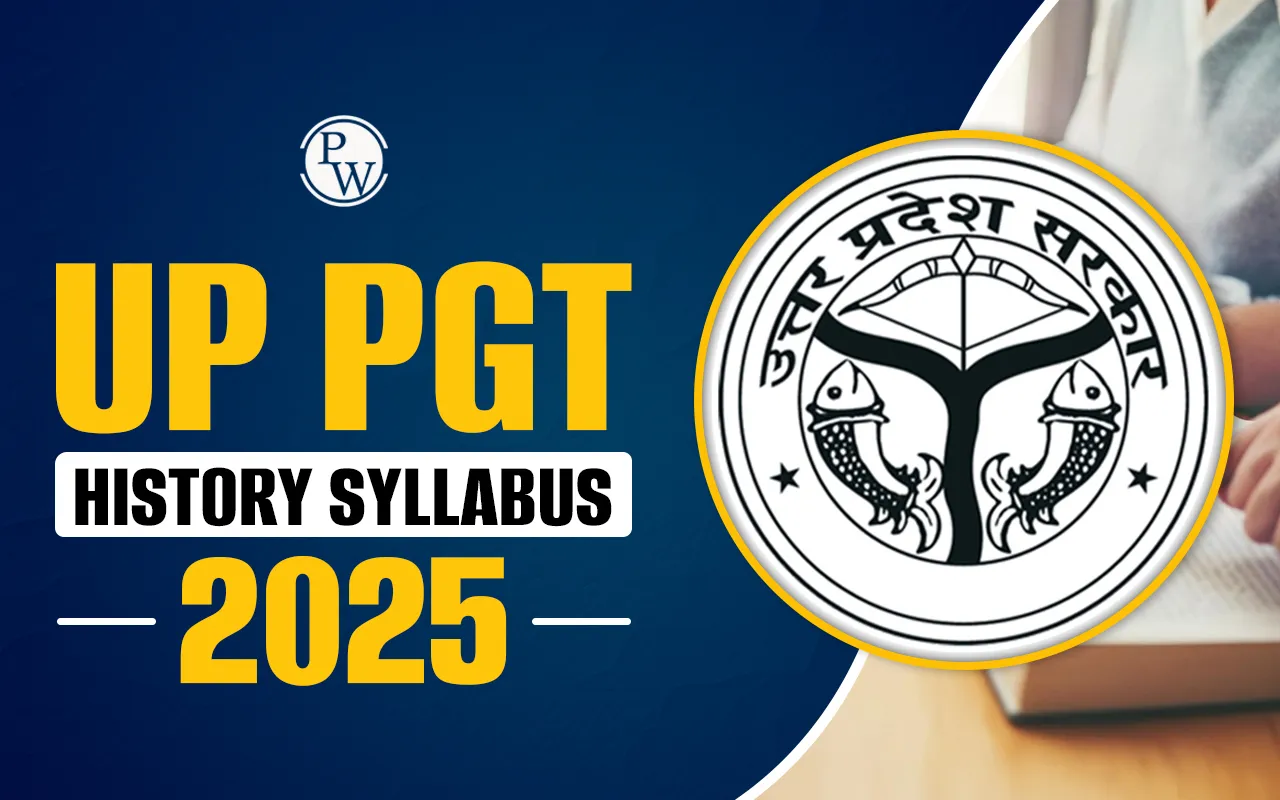
UP PGT History Syllabus 2025 Overview
Candidates preparing for the UP PGT History Exam 2025 should know the important details about the syllabus and exam. It includes key topics, exam pattern, and marking scheme. Below is a simple overview of the UP PGT History Syllabus 2025.
| UP PGT History Syllabus 2025 Overview | |
|
Events |
Details |
|
Conducting Authority |
Uttar Pradesh Secondary Education Service Selection Board |
|
Category |
UP PGT History Syllabus 2025 |
|
Exam Name |
UP PGT Recruitment 2025, UP PGT 2025 |
|
20 to 21 June 2025 |
|
|
Total Questions |
125 questions |
|
Total Marks |
425 marks |
|
Exam Duration |
2 hours |
|
Official website |
upsessb.org |
UP PGT History Syllabus 2025 PDF Download
The UP PGT History Syllabus 2025 PDF helps candidates understand the important topics for the exam. It includes ancient, medieval, and modern history, covering key events, rulers, and movements. By downloading the syllabus, candidates can plan their studies better. The PDF provides a clear list of subjects to focus on for the exam. Click the link below to download the UP PGT History Syllabus 2025 PDF easily.
UP PGT History Syllabus 2025 PDF Download
UP PGT History Syllabus 2025
The UP PGT History Syllabus 2025 covers important topics from ancient to modern history. It includes key events, civilizations, rulers, and movements that shaped India. Below is a simple table of the important topics in the syllabus.
| UP PGT History Syllabus 2025 | |
|
Period |
Key Aspects |
|
Prehistoric Cultures |
Paleolithic, Mesolithic, Neolithic – Tools, lifestyle, culture |
|
Indus Valley Civilization |
Urban planning, religious and social life |
|
Vedic Period |
Early & Later Vedic – Society, religion, economy, politics |
|
Religious Movements |
Jainism, Buddhism, Bhagavata Dharma, Shaivism, Adi Shankaracharya |
|
Maurya Empire |
Ashoka’s rule, society, administration, culture |
|
Gupta Dynasty |
Art, religion, philosophy, economy, post-Gupta changes |
|
Chola Dynasty |
Administration, political and social conditions (800-1200 CE) |
|
Turkish Invasions |
Mahmud of Ghazni, Muhammad Ghori, Delhi Sultanate |
|
Delhi Sultanate Rulers |
Aibak, Iltutmish, Razia Sultan, Balban |
|
Khilji Dynasty |
Alauddin Khilji’s policies, reforms, Deccan policy |
|
Tughlaq Dynasty |
Ghiyasuddin, Muhammad bin Tughlaq’s schemes, Firoz Shah, Timur’s invasion |
|
Regional Kingdoms |
Bahmani, Vijayanagar, Sayyid, Lodi Dynasties |
|
Mughal Dynasty |
Babur to Aurangzeb – Political, social, cultural conditions |
|
Decline of Mughals |
Rise of Marathas, Chhatrapati Shivaji’s contributions |
|
British Rule & Revolt of 1857 |
East India Company, political & economic impact, causes & consequences of 1857 Revolt |
|
19th-century Socio-religious Reformers |
Dayanand Saraswati, Raja Ram Mohan Roy, Aurobindo Ghosh, Annie Besant, Rabindranath Tagore |
|
Freedom Struggle |
Mahatma Gandhi’s role, movements, and independence |
|
Post-Independence India |
Partition, key events till 2000 |
UP PGT History Exam Pattern 2025
The UP PGT History Exam Pattern 2025 helps candidates understand the exam structure. It includes the number of questions, marks, duration, and marking scheme. Below is a simple table with all the important details.
| UP PGT History Exam Pattern 2025 | |
|
Particular |
UP PGT Exam Pattern |
|
Exam Mode |
Written (Offline) |
|
Total Questions |
125 questions |
|
Total Marks |
425 marks |
|
Exam Duration |
2 hours |
|
Type of Questions |
Objective- type multiple choice questions (MCQs) |
|
Marking Scheme |
+3.4 marks for each correct answer and no negative marking for wrong answer |
UP PGT History Exam 2025 Preparation Tips
Candidates preparing for the UP PGT History Exam 2025 should follow a smart study plan to cover all important topics. Regular practice and revision will help in scoring well. Here are some useful preparation tips:
-
Understand the Syllabus: Go through the complete UP PGT History Syllabus 2025 to know all the topics covered in the exam.
-
Make a Study Plan: Create a daily and weekly timetable to cover all topics before the exam.
-
Take Notes: Write short and clear notes for quick revision before the exam.
-
Practice Previous Year Papers: Solve previous year question papers to understand the question pattern and difficulty level.
-
Attempt Mock Tests: Take mock tests and online quizzes to improve speed and accuracy.
-
Set a Timer: Candidates should set a timer while solving previous year papers and mock tests to improve time management.
-
Revise Regularly: Revise important dates, events, and concepts multiple times before the exam.
UP PGT History Syllabus 2025 FAQs
Q1: What is the UP PGT History Syllabus 2025?
Q2: How many questions are there in the UP PGT History Exam 2025?
Q3: What is the total mark for the UP PGT History Exam?
Q4: Is there any negative marking in the UP PGT History Exam?
Q5: Where can I download the UP PGT History Syllabus 2025 PDF?

